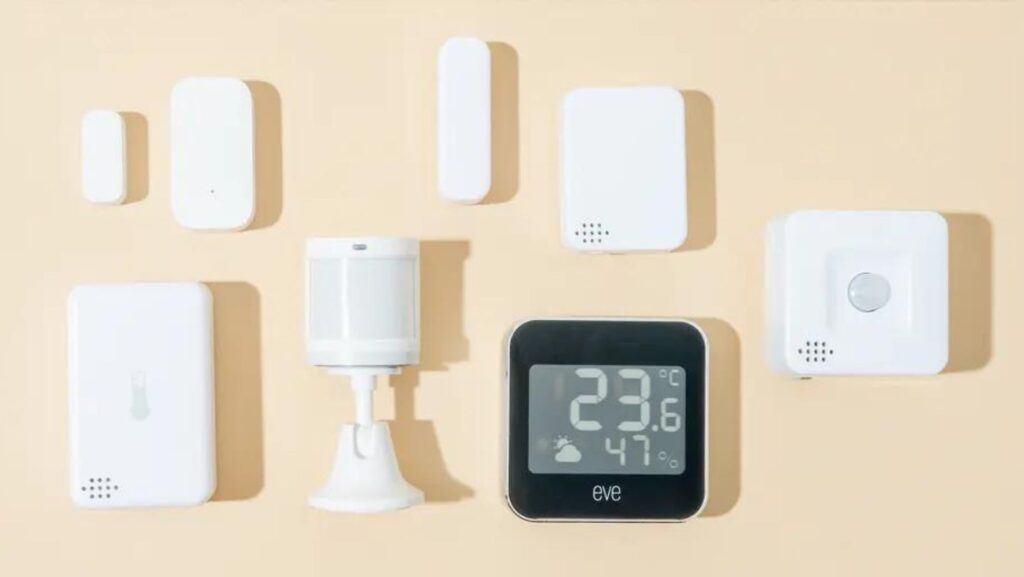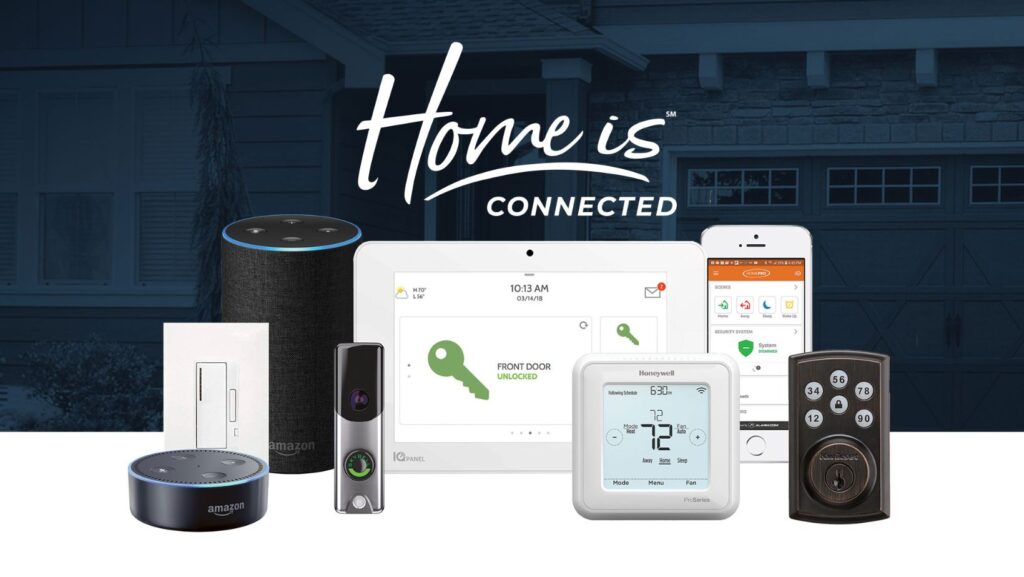Smart Home Sensors
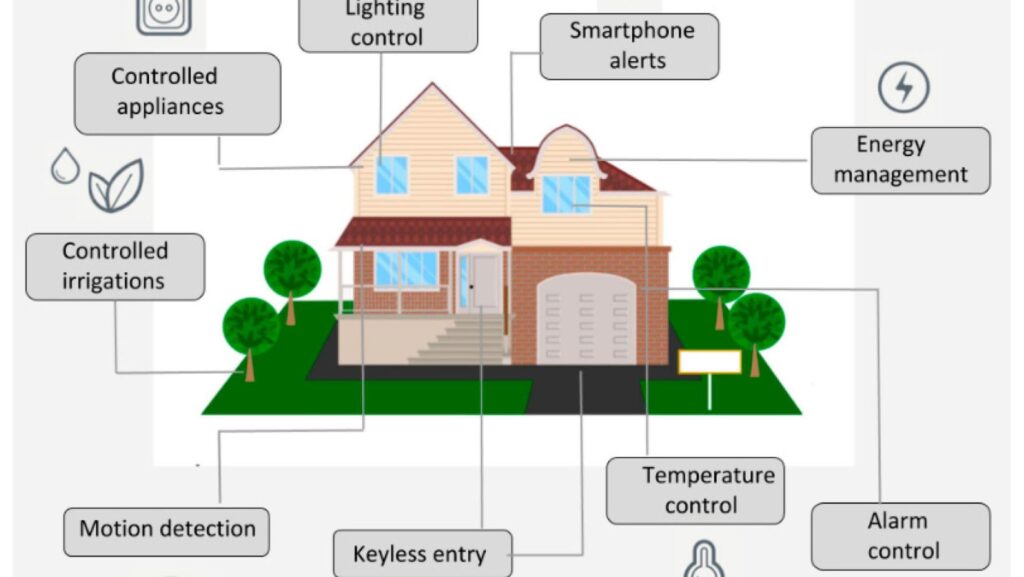
Curious about how smart home sensors can revolutionize your living space? Imagine a home that adapts to your needs, whether it’s adjusting the temperature when you walk in or alerting you to potential risks.
With smart home sensors, it’s all possible. These innovative devices are designed to make your home safer, more efficient, and ultimately, smarter.
I’ve delved into the world of smart home technology to explore the benefits and possibilities that these sensors offer. From enhancing security to optimizing energy usage, the potential of smart home sensors is truly exciting. Join me as I uncover how these small yet powerful devices can transform your home into a cutting-edge, connected environment.
Understanding Smart Home Sensors
What Are Smart Home Sensors?
Smart home sensors are devices that detect changes in the environment, allowing me to monitor and control various aspects of my home remotely. These sensors can track temperature, humidity, motion, light, and more. By gathering data on these factors, they enable me to automate settings and make informed decisions to enhance my living experience.
Types of Smart Home Sensors
There are various types of smart home sensors designed to cater to different needs within my living space. Some common types include:
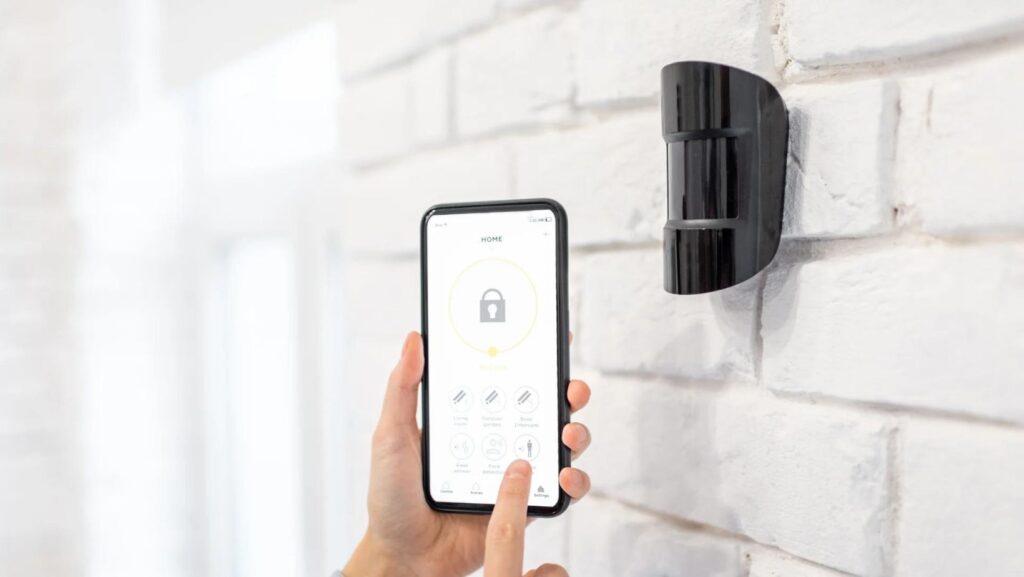
- Motion Sensors: These sensors detect movement in specific areas and can trigger actions like turning on lights or sounding alarms.
- Temperature Sensors: They monitor the temperature indoors and outdoors, helping me maintain a comfortable environment and save energy.
- Door and Window Sensors: These sensors alert me when doors or windows are opened or closed, enhancing security measures.
- Water Leak Sensors: They detect water leaks or flooding, helping me prevent water damage and costly repairs.
- Light Sensors: These sensors adjust lighting based on natural light levels, contributing to energy efficiency.
By utilizing a combination of these smart home sensors, I can create a personalized and secure living space that adapts to my preferences and enhances overall convenience.
Energy Efficiency
Incorporating smart home sensors in my living space has significantly improved energy efficiency. These sensors regulate the heating and cooling systems based on real-time data, ensuring that energy is not wasted when no one is home. For instance, my smart thermostat adjusts the temperature automatically, saving me money on energy bills without sacrificing comfort. By using light sensors to control lighting, I ensure that lights are only on when needed, further reducing energy consumption.
Security and Safety
Enhancing security and safety in my home is one of the key benefits of installing smart home sensors. Motion sensors detect any unusual movement, sending alerts to my smartphone, keeping me informed of any unexpected activity. Door and window sensors provide an extra layer of security by notifying me of any unauthorized entry attempts. Additionally, water leak sensors help prevent potential water damage by alerting me at the first sign of a leak, allowing me to address the issue promptly.
Convenience and Comfort
Smart home sensors have made my life more convenient and comfortable. With remote access to my home’s systems, I can adjust settings from anywhere, ensuring that the environment is just how I like it when I arrive home. For example, I can preheat the oven on my way back from work or turn on the lights before entering the house. This level of control not only adds convenience but also enhances the overall comfort of my living space, creating a personalized and welcoming environment.
Choosing the Right Smart Home Sensors
Factors to Consider
When choosing smart home sensors, it’s crucial to consider factors that align with your specific needs and home requirements. Here are some key considerations to keep in mind:
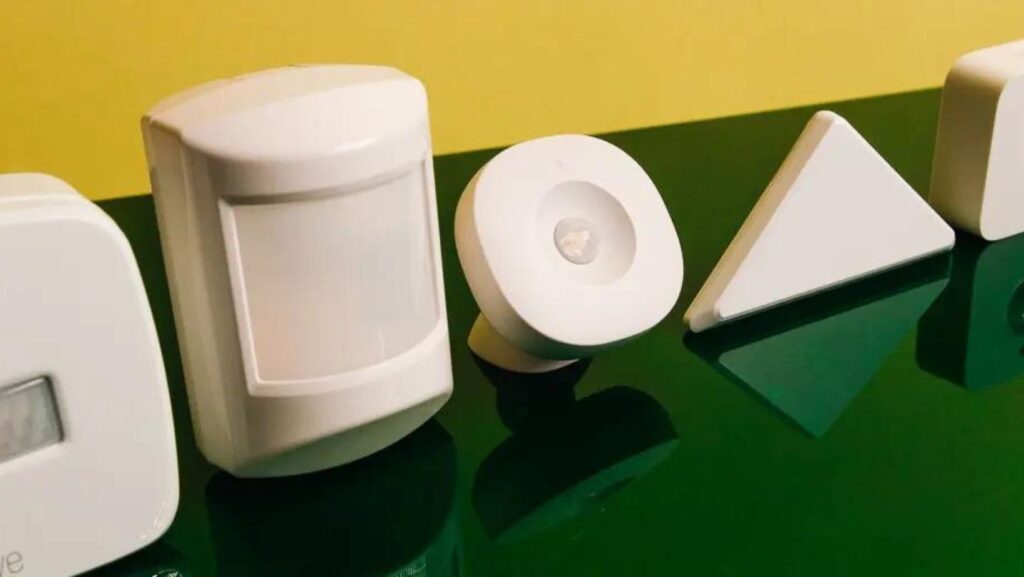
- Compatibility: Ensure that the smart home sensors you select are compatible with your existing smart home ecosystem. Compatibility issues can lead to functionality limitations and integration challenges.
- Scalability: Opt for smart home sensors that offer scalability, allowing you to expand your smart home system as needed. Look for sensors that can be easily added or integrated into your existing setup.
- Wireless Connectivity: Select sensors with wireless connectivity options such as Wi-Fi or Bluetooth for seamless integration and remote access. Wireless sensors offer flexibility in placement and installation throughout your home.
- Battery Life: Consider the battery life of the sensors to minimize maintenance and ensure reliable functionality. Choose sensors with long battery life or convenient power sources for uninterrupted operation.
- Sensor Range: Evaluate the sensor range to ensure adequate coverage for your home. Opt for sensors with a wide detection range to monitor multiple areas effectively.

